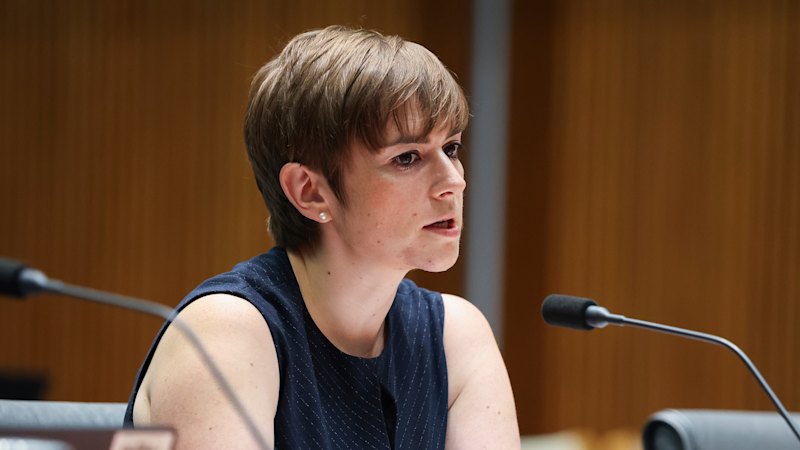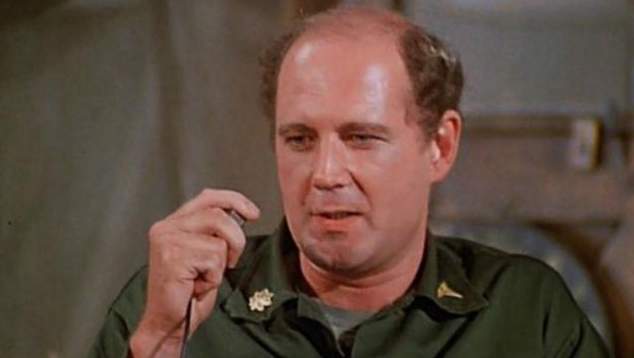
A recent climate risk assessment has sparked outrage among young Australians, highlighting the urgent need for significant climate action. Activists, including **Anjali Sharma**, have voiced their frustration over the perceived inaction of the current **Labor government**, which they believe is abandoning the hopes of future generations. The report presents a stark picture of the environmental challenges facing Australia, yet government decisions appear to contradict the assessment’s findings.
Australia’s first climate risk assessment was released last week, painting a grim future for the nation. It outlined catastrophic projections related to climate change, with headlines describing the report as a “wake-up call.” However, many activists remain skeptical that this will result in meaningful change. Sharma, who began her activism at the age of 14 during a protest in **Melbourne** in 2019, expressed deep disappointment in the government’s response.
When the **Labor government** came to power in **2022**, it promised significant climate action. Many young activists celebrated this shift, believing they would work collaboratively to implement crucial policies. The initial optimism has since faded amid a series of decisions that contradict the urgency outlined in the recent report.
The government’s approval of the **North West Shelf project** stands out as a particularly contentious issue. This project permits **Woodside Energy** to emit over **4 billion tonnes** of climate pollution over the next 45 years. Activists argue that such approvals undermine the commitment to reduce emissions and fail to protect the environment for future generations.
In addition, the government announced a modest emissions reduction target of **62-70 percent by 2035**. This target falls short of the scientific consensus that necessitates reaching net-zero emissions well before that time frame. The disconnect between political promises and environmental realities has left many young Australians disheartened.
Sharma emphasized the urgency of the situation, stating, “This is not about parties or politics. This is about survival.” The sentiment resonates with many in her generation, who feel their future is at stake. Activists are calling for immediate action, urging the government to align its policies with the scientific recommendations outlined in the climate risk assessment.
The ongoing tension between climate activists and the government reflects a broader struggle within Australia regarding environmental policies. As the consequences of climate change become increasingly evident, the demand for decisive action grows louder. Young activists like Sharma continue to rally support, determined to hold the government accountable for its commitments to the environment.
With the stakes higher than ever, the future of Australia’s climate policy hangs in the balance. Activists remain vigilant, reminding policymakers that their decisions today will shape the world of tomorrow.






